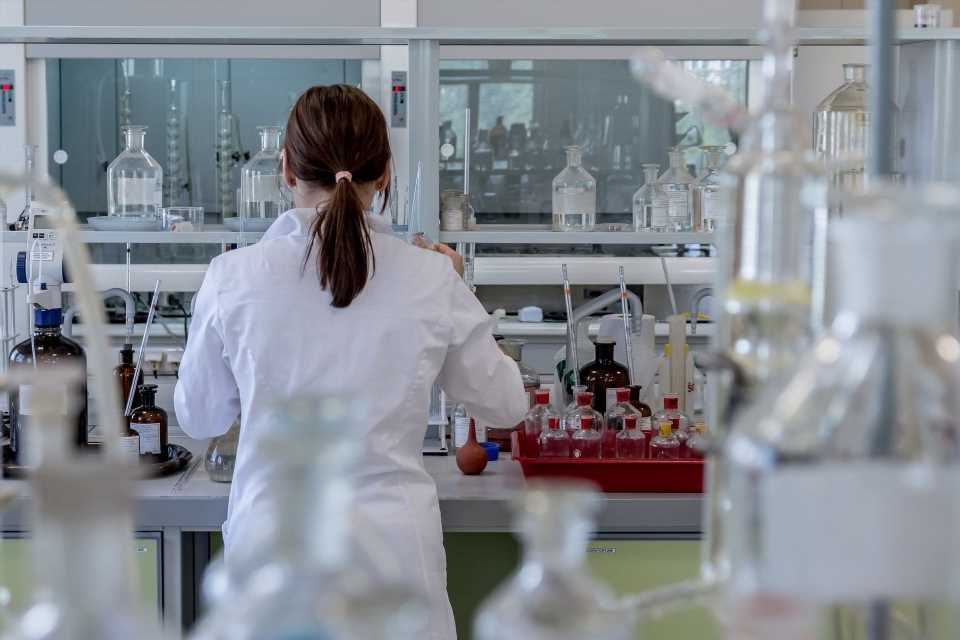
Mercury, pesticides and rare earth metals form a toxic cocktail that a French laboratory announced Tuesday it has found in an unlikely place: on the heads of senators.
Twenty-six members of France’s Socialist Party who sit in the upper house Senate each entrusted a strand of their hair to the private laboratory toxSeek last July to screen against 1,800 organic pollutants and 49 metals.
“If it’s in our hair, it means we are contaminated,” Senator Angele Preville, an environmental campaigner who spearheaded the initiative, told AFP.
The analysis revealed that 93 percent of the senators had rare earths in their hair, much higher than the lab’s control population.
Rare earths are metals and metal compounds used in the manufacturing of high-tech devices like smartphones and electric car batteries.
The high prevalence among the senators might be explained by their regular and extensive use of communication tools, toxSeek said.
Mercury, a metal found in dental amalgams and certain fish, was found in all the senators tested.
They were also contaminated by a range of 45 pesticides from herbicides to insecticides, including carbofuran, which has been banned in Europe since 2008.
The plasticizer di-n-octyl phthalate, used to make plastics more soft and flexible, was detected in 69 percent of the participants.
“Our way of life weighs on our quality of health, it’s clear,” said Patrick Kanner, who was among the senators participating.
With the exception of the rare earths, the results are “very consistent with what we usually see” in the population, said toxSeek co-founder Matthieu Davoli, indicating “repeated and regular” exposure through food, cosmetic and hygiene products.
Long term exposure to these chemicals including endocrine disruptors which can interfere with the normal functioning of human hormones, can lead to chronic illness, auto-immune and neurodegenerative diseases and cancers, Davoli said.
Yan Chantrel, one of seven senators found to have “significant contamination” of rare earths, has volunteered to be re-tested after changing some habits to reduce his exposure.
He said the public health issue needs to be integrated into environmental policies.
“This questions the way we produce and consume in our society, which is ultimately creating new illnesses,” he warned.
© 2023 AFP
Source: Read Full Article
